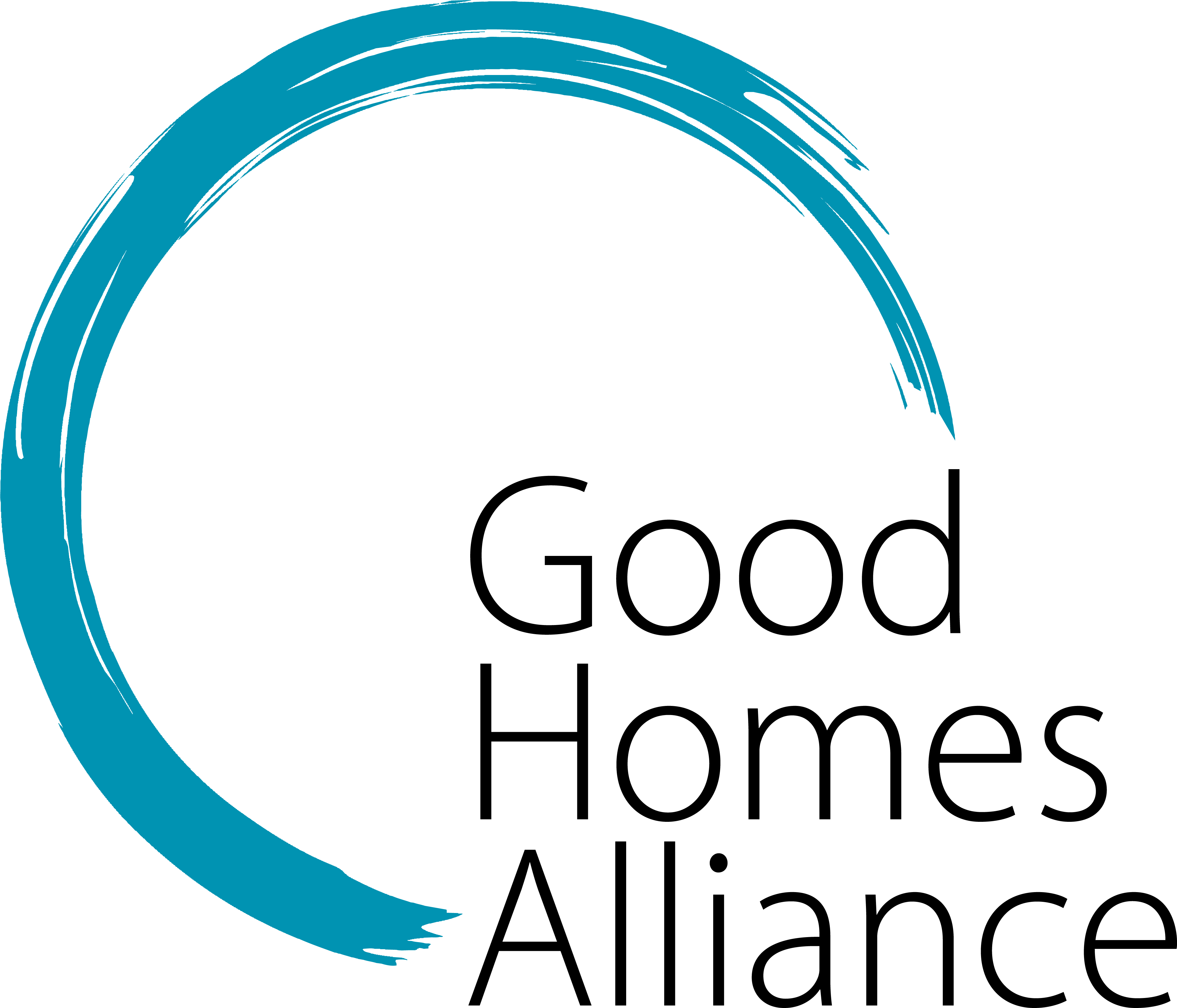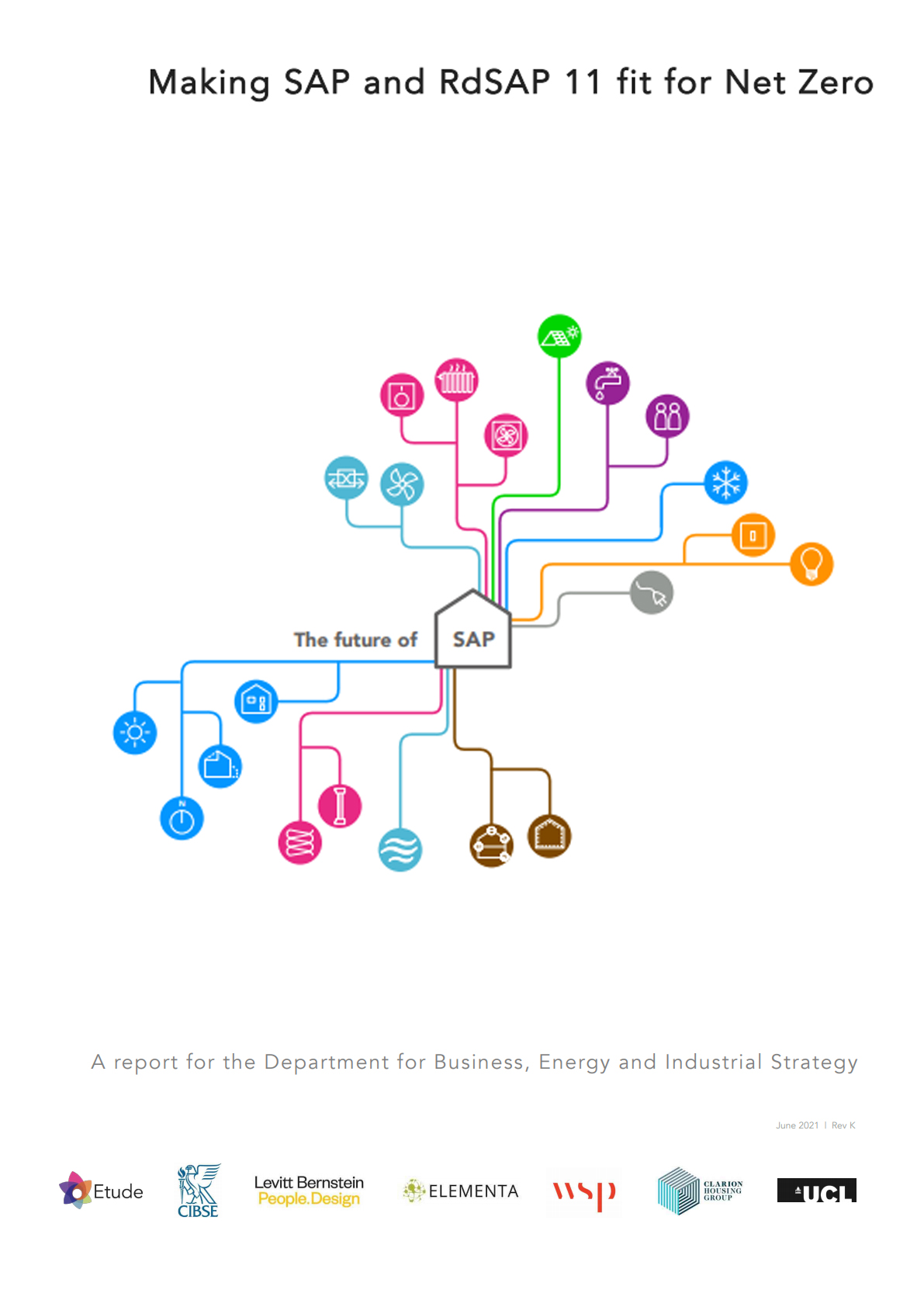Making SAP fit for a Net Zero future
The team including CIBSE, Elementa, Levitt Bernstein, WSP, UCL, Clarion Housing Group and Etude has published a report on the future of SAP. The work makes recommendations on improving SAP and RdSAP so they are fit for Net Zero. The report was commissioned by The Department for Business, Energy and Industrial Strategy (BEIS).
What is SAP and why does it need improving?
SAP is the calculation methodology used to estimate and regulate the energy and carbon performance of new homes and the existing housing stock across the United Kingdom, from small works to large new developments. It is a central tool for those developing, implementing and tracking policies on energy, fuel poverty and carbon emissions and is being used by the whole building industry. SAP outputs are also used to inform residents. Its importance cannot be overstated.
The team has worked over the last year on a report that summarises the issues that should be addressed in the next version of SAP to make it the best possible methodology by 2023-2024. These include current trends affecting housing, the energy system, technologies and innovations such as performance testing and verification.
The 25 recommendations are split into five areas.
1. Better align SAP/RdSAP and its strategic objectives
2. Improvements to the methodology
3. Improvements to SAP/RdSAP and its ecosystem for Net Zero
4. For a better evaluation of energy use
5. Support to decarbonisation of heat and electricity

